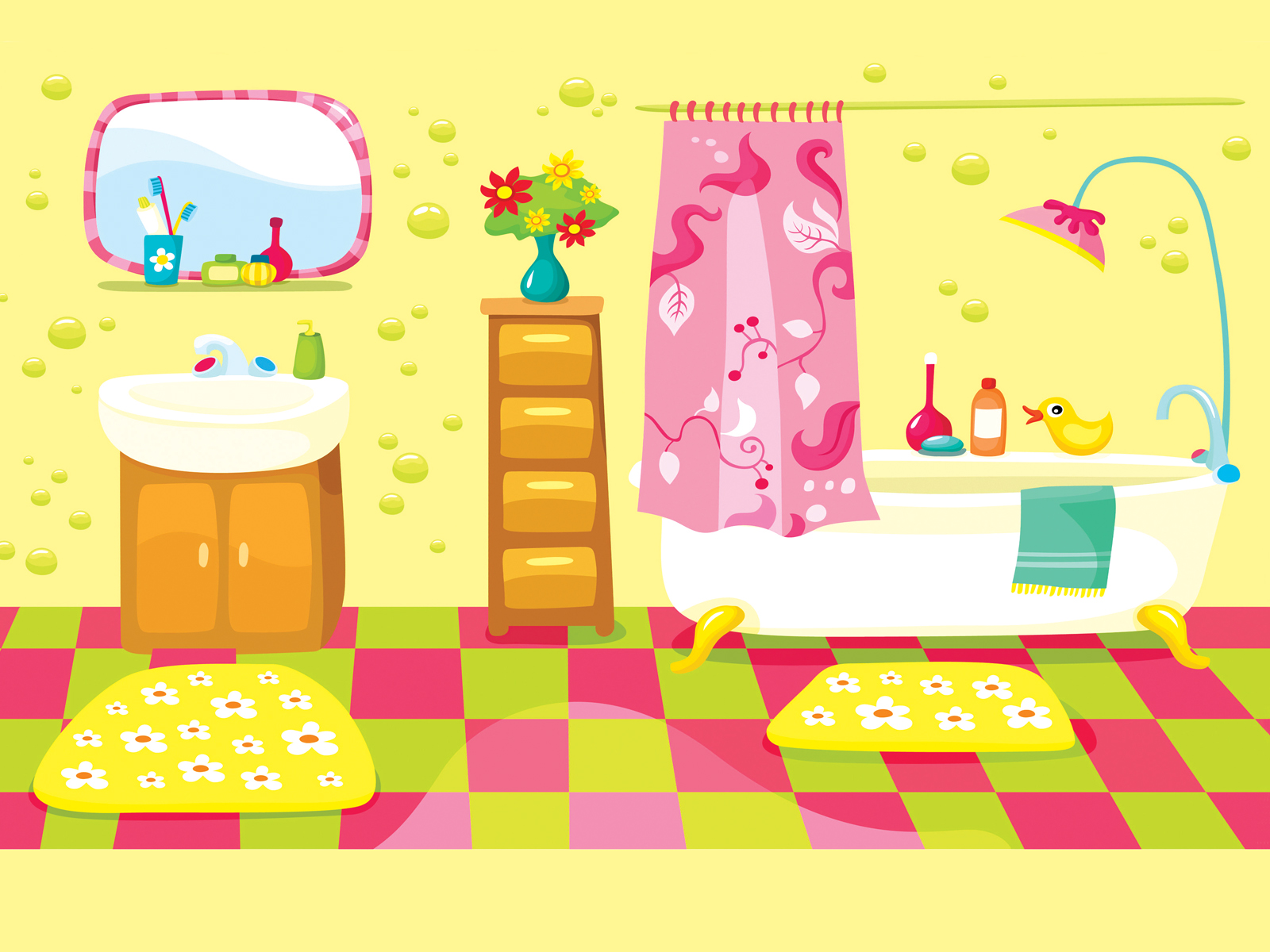By Caroline Tapp-McDougall
As a caregiver, the bathroom can be the number one enemy when it comes to keeping Mom or Dad safe. We’ve all read lists and info about fall prevention and bathroom accidents, safe setups and tips for accessibility, so here are a few additional ideas to help you anticipate issues that you may encounter in the bathroom:
Shortened attention span: People with cognition issues can forget they are sitting on the toilet and begin to stand up and leave or they can become distracted by the slightest noise and become startled or upset which can lead to an accident.
Refusal to bathe: Resistance to bathing is one of the more frustrating behaviours that caregivers face. A bathtub full of water can be terrifying. A person may be concerned about getting their hair or bandages wet or soap in their eyes. The water may appear too deep. Being forced to bathe against their will may prompt an attempt to escape or resist. Soft, protective edges on counters and corners, and using shower curtains (instead of shower doors) are all bathroom modifications which can minimize injury or avert a fall when agitation or frustration occurs.
Visual hints: Try a coloured bath mat to make the bottom of the tub easier to see and the water appear more shallow. Face the person away from a visible exit and involve them in the showering process by installing a grab bar on the wall opposite the door. Ask them to help by holding onto it with both hands. This can help reduce anxiety.
Clues to finding the bathroom: Pathways on the floor (made with colored electrical tape) or wall railings can guide and direct a person to the bathroom or back to their bedroom. Negative guides, or modifications to discourage going the wrong way are also helpful. If the only room with a light on or open door is the bathroom, it could attract your loved one’s attention and guide them there. Make the most important rooms stand out and the hardest to miss. Try a bright, coloured doorway.
Bathroom comfort: What makes a bathroom pleasant, comfy and homey? Add soft towels, carpeting, curtains, shades, potpourri, pictures on the wall (framed with non-reflective plastic, not glass), colourful wallpaper borders, etc. Perhaps even a warm blanket in the closet would be welcome on those cold nights when sitting on the john may not be too pleasant.
Peace and quiet: Water rushing out of the faucet, the flushing toilet or the exhaust fan may cause too much noise and discomfort. Close the window, wait until later to flush the toilet and turn off the fan if your family member becomes easily agitated or resistant.
Tools for “bathroom duty”: Preparing and keeping necessary items close at hand will make personal care time a little more manageable. Also, don’t forget a robe or fresh clothes to avoid after shower chills and support easier dressing. Have disposable gloves, super thick toilet paper, clean washcloths, moist wipes, towels, soap, toothbrush and paste within easy reach.
Showers vs baths: A stall shower may make all the difference in the world to someone who has no easy way to climb into a tub. It may cost a few dollars more, but adding a seat makes showering safer for older bathers. Non-skid rubber mats or self-adhesive strips on the bottom of the tub or shower stall reduce chances of slips and falls, as do rails and grab bars. If showering is too difficult, consider sponge baths instead of tub baths or showers and do bathing in the bedroom.
Hand held showers with flexible hoses make washing easier for both the elder and the caregiver. They easily attach to your existing shower arm, or can be attached with a diverter valve and used in conjunction with the existing shower head. Look for features including extra long reinforced hoses and convenient wall-mounting brackets, and an on/off valve in the handle to allow control of water flow.
Fall prevention:
• Apply non-slip stickers or a slip-resistant mat to the floor of the tub or shower to increase grip while bathing.
• Use a mat with a non-slip rubber backing.
• Install grab bars and shower rails.
Safety first
Asking for help with bathing from a PSW or family member is a good idea when it comes to providing the best care.
Caroline Tapp-McDougall is the editor of a variety of magazines.














